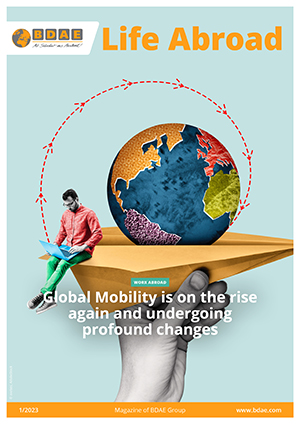People who visit parks regularly need less medication
Spending more time in parks can potentially decrease the medication dependency of city residents suffering from conditions such as depression, anxiety, insomnia, high blood pressure, and asthma, according to a study conducted by researchers from four Finnish universities and other research institutions.
The study involved analysing the habits of 16,000 randomly selected individuals in Helsinki, Espoo, and Vantaa. They were asked about their frequency of visiting parks, forests, zoos, and other green spaces.
Data from 6,000 people
Participants in the study were requested to disclose their regular prescription drug intake and how often they looked at green spaces and water bodies from their homes. The study also accounted for various influential factors, including health habits, air pollution, noise, household income, and education level. The data for the study was based on responses from 6,000 individuals who answered all the questions.
But people who only observe nature without venturing outdoors still require medication, contrary to popular belief. Actually, visiting green spaces has been found to have a significant impact on reducing medication needs. In a study, individuals who visited nature once a week were compared to those who went three to four times a week, and the latter group required significantly less medication for mental health (33% less), high blood pressure (36% less), and asthma (26% less).
More green space needed in cities
Visiting green spaces was found to have a limited impact on the need for asthma medication among overweight individuals, according to research. This was expected by the researchers, given that obesity is a well-known risk factor. However, individuals with the lowest annual household income (under 30,000 euros) experienced stronger effects from visiting green spaces, while level of education did not have an impact.
"Growing scientific evidence demonstrating the health benefits of exposure to nature should lead to increasing the supply of green spaces in urban environments and promoting their active use," the authors conclude, adding: "This could be one way to improve the health and well-being of urbanites."

